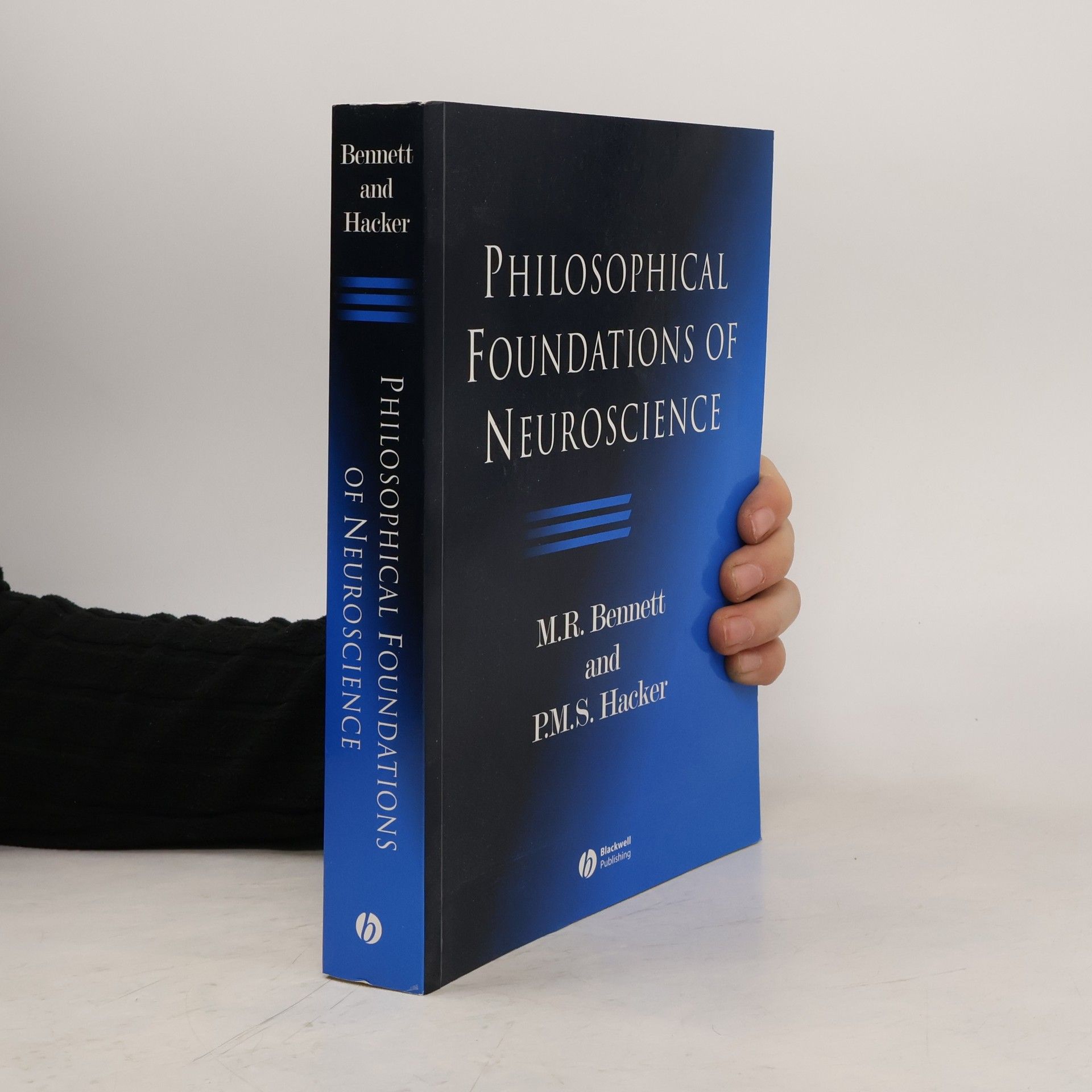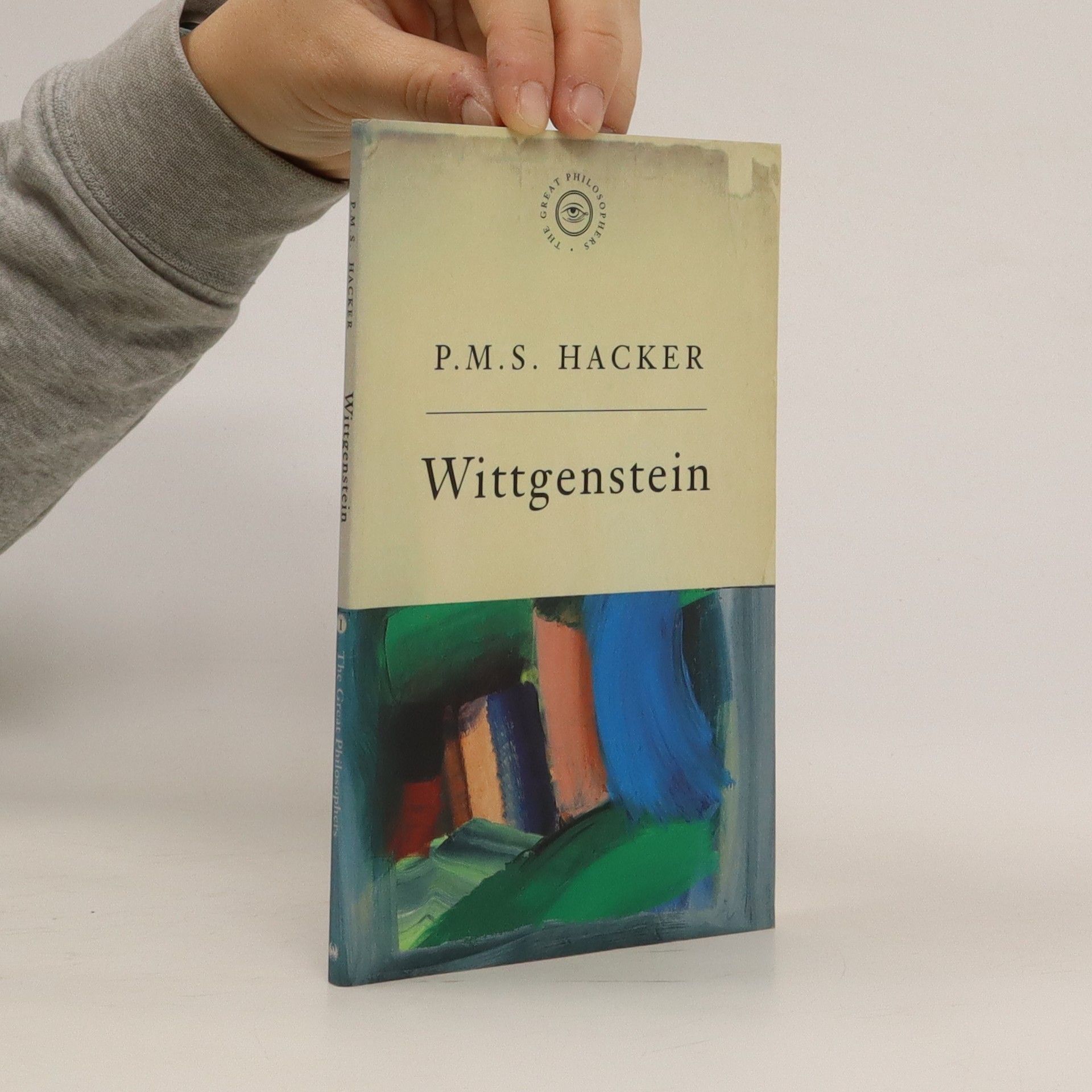A Beginner's Guide to the Later Philosophy of Wittgenstein
Seventeen Lectures and Dialogues on the Philosophical Investigations
- 326 pages
- 12 hours of reading
Exploring Wittgenstein's later philosophy, this Beginner's Guide by Peter Hacker presents a dynamic mix of lectures and dialogues designed for those without prior philosophical knowledge. Key topics include the nature of language and meaning, the roots of necessity in convention, and the connections between thought, language, and behavior. It also delves into self-consciousness and understanding other minds, making it an engaging introduction for curious readers seeking to grasp complex ideas in an accessible manner.







